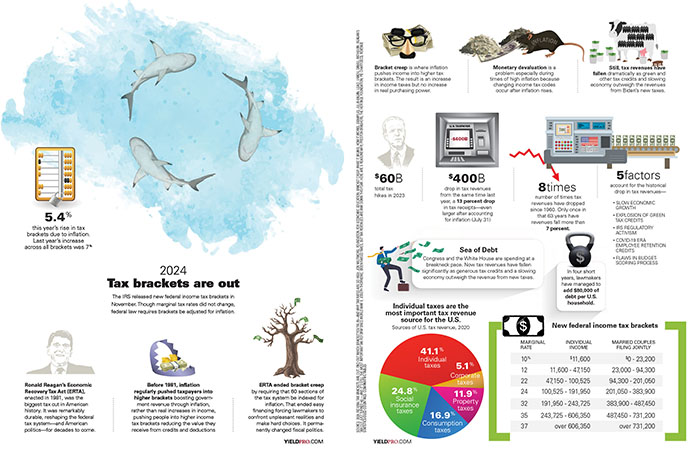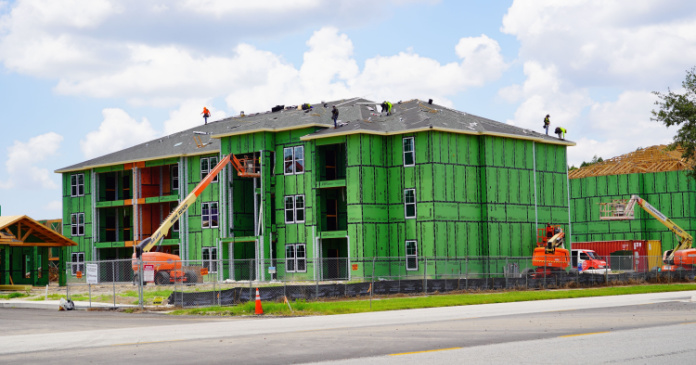As explicit discrimination has receded in the last two decades, culminating in the elevation of an African-American to the Presidency, a woman to the House Speakership and a black woman to the galactic dominance known as being Oprah Winfrey, those who study the effects of racism and sexism have had to cope with a difficult question: If discrimination is less powerful, why do some groups in society continue to fare worse than others? Has bias merely become better hidden, or are there other forces at work?
One theory that has gained influence among sociologists is that some members of stigmatized groups, when faced with stressful situations, expect themselves to do worse — a prophecy that fulfills itself. These expectations, which can occur even in otherwise fair (or fair-seeming) situations — such as, say, a standardized test — produce stress and threaten cognitive function. The effect is called “stereotype threat,” and African-Americans, girls, even jocks have all been shown susceptible to stereotype threat.
Now a new study shows that old people are also vulnerable to the phenomenon. The study isn’t the first to show that the aged perform worse under the stress of a stereotype, but it is one of the clearest explanations yet published on how easily stereotype threat compels people to work against themselves. Published in the journal Experimental Aging Research, the study shows that merely reminding people that they are members of a stigmatized group (in this case, older Americans) reliably dampens their performance. Similar people not reminded of their status did significantly better on the tests given for the study.
Research psychologists at North Carolina State University in Raleigh recruited 103 volunteers, ages 60 to 82, to perform simple arithmetic and recall tests. To conduct the experiment, the psychologists manipulated about half of the participants into feeling stereotype threat by telling them that the entire purpose of the tests was “to examine aging effects on memory.” That statement was designed to prime the participants’ worry that their advanced age would affect their performance. To emphasize the issue of elderliness, the researchers also asked this group of participants to write down their age before beginning the tests.
By contrast, participants in the control group were told that the tests had been constructed to correct for any biases that might be associated with age, a white lie imparted to damp down stereotype threat. These participants weren’t asked to write down their age.
Those in the first group performed significantly worse on the memory tests than those whose internal stereotypes hadn’t been triggered.
Interestingly, people between the ages of 60 and 70 were far more susceptible to stereotype threat than those aged 71 to 82. The authors theorize, persuasively, that people who have just entered their seventh decade are more sensitive to stereotype threat than those who have already been considered old for a decade.
Remarkably, the power of stereotype threat was enough to overcome true aptitude: even people who, according to screening tests conducted before the experiment, generally had good working memories and weren’t prone to anxiety — in short, great test-takers — performed worse after being reminded of their age. The power of stereotype is so strong that it can overwhelm many of our other traits, which means that what you learned in kindergarten is true: you’re only as good as you expect to be.
But the good news is that you can flip this particular psychological coin on its opposite side: recent research has found that positive stereotype reinforcement may be just as powerful as any negative threat. In a study published in the current issue of the Journal of Personality and Social Psychology, Indiana University psychologists found that women’s performance on math tests did not suffer as researchers had expected, even when the typical “women are bad at math” stereotype was invoked, as long as a positive stereotype (say, college students are good at math) was presented at the same time. In this case, that means that the aged are likely to have better-functioning memories when they are told, for instance, that older people “have more experience” or “have seen it all before.”
Author: John Cloud, Time Magazine















